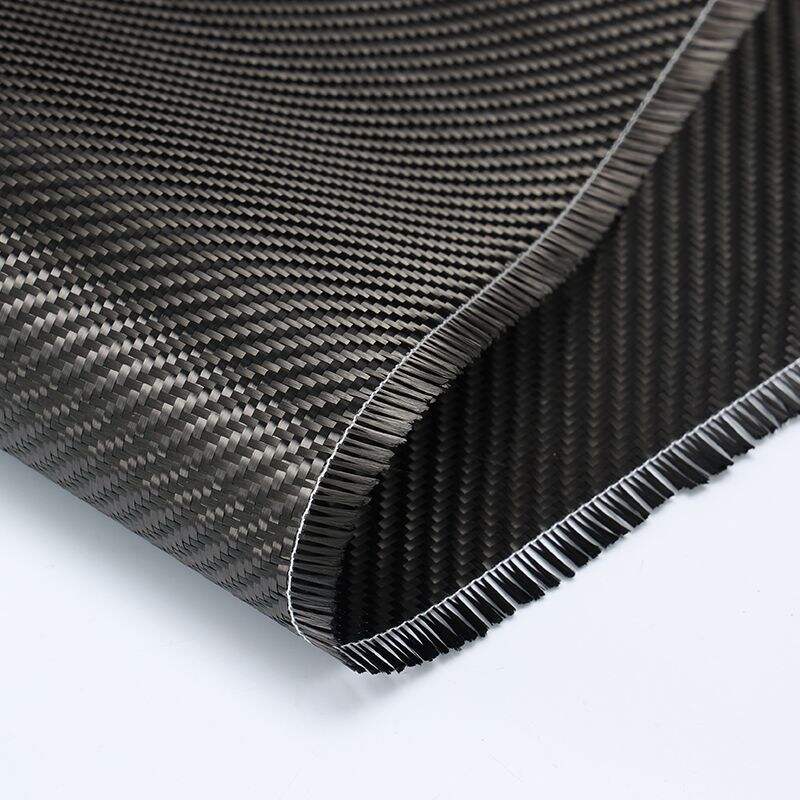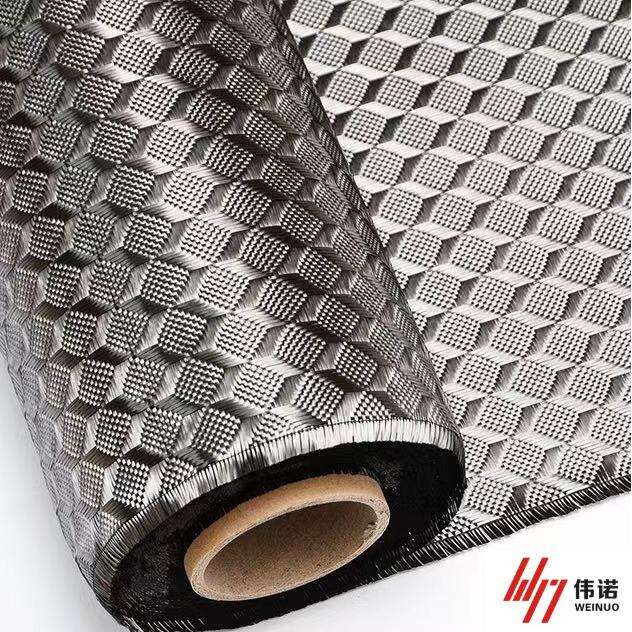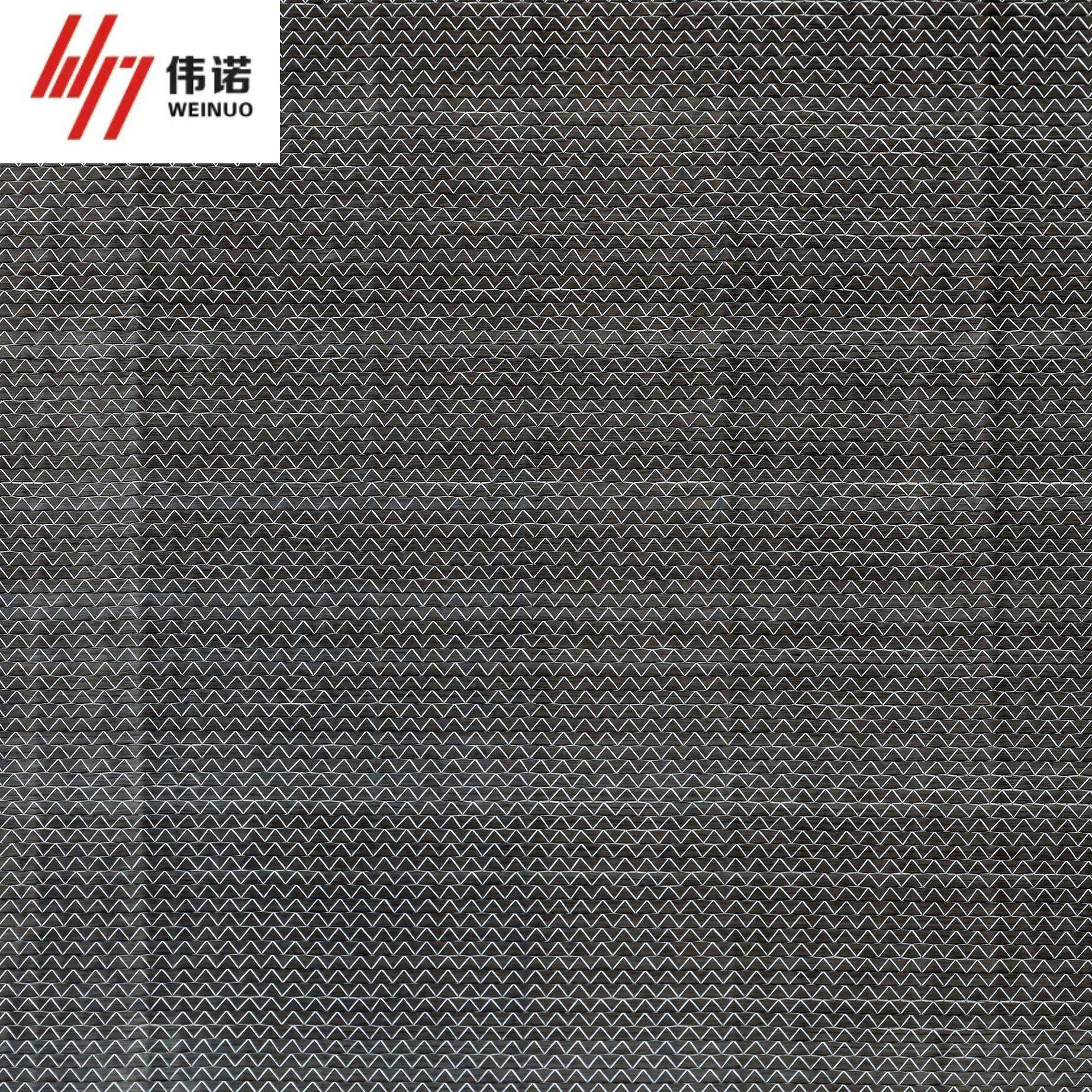carbon fiber twill cloth
Carbon fiber twill cloth represents a significant advancement in composite materials, offering an exceptional combination of strength, lightweight properties, and aesthetic appeal. This sophisticated material features a distinctive weave pattern where carbon fiber threads are interlaced in a diagonal pattern, creating a characteristic 2x2 twill weave that is both visually striking and structurally superior. The material's construction allows for excellent draping capability, making it ideal for complex curved surfaces while maintaining structural integrity. The cloth typically comes in various weights, ranging from 200g/m2 to 400g/m2, catering to different application requirements. When combined with appropriate resin systems, carbon fiber twill cloth demonstrates remarkable mechanical properties, including high tensile strength, superior stiffness, and excellent resistance to fatigue. This versatile material finds extensive applications across multiple industries, from aerospace and automotive manufacturing to sporting goods and high-end consumer products. The twill weave pattern not only enhances the material's handling characteristics but also provides better conformability compared to plain weave alternatives, making it particularly valuable in manufacturing processes requiring precise fiber placement and optimal surface finish.


